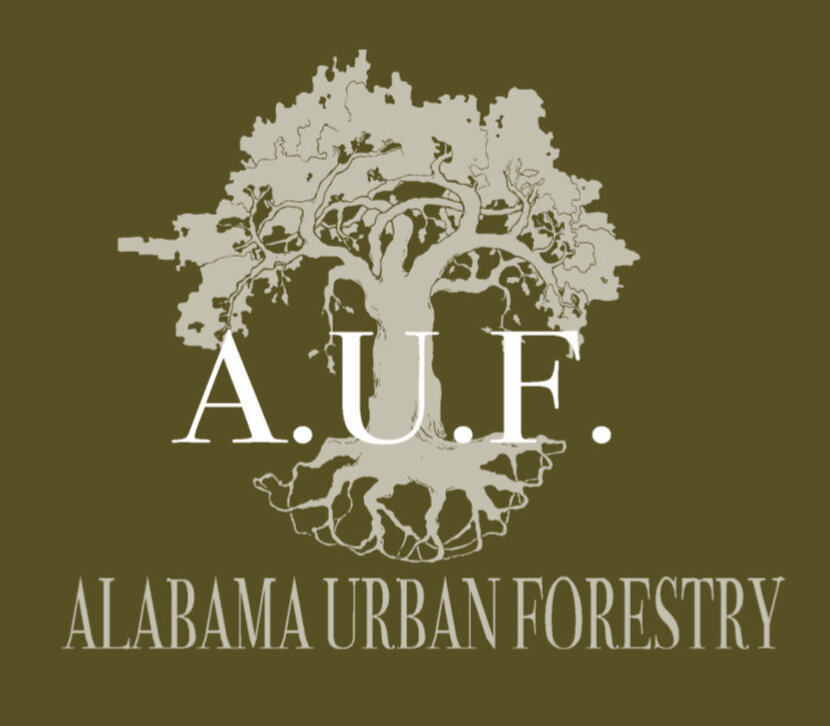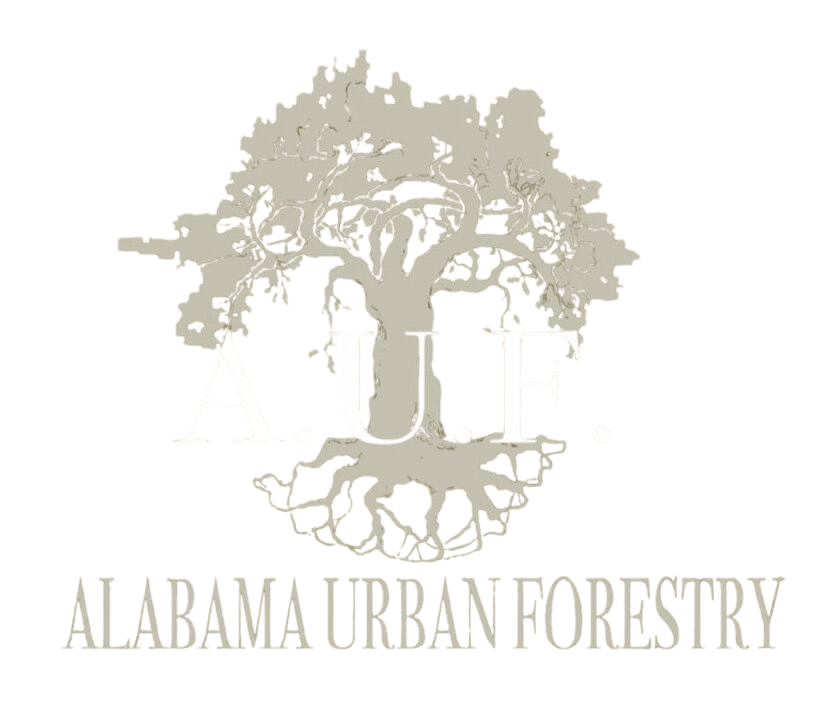Ensuring the health and longevity of trees in Leeds, Alabama is essential not only for the aesthetic value they bring to our landscapes, but also for their environmental benefits such as providing shade, improving air quality, and supporting local wildlife. To help maintain the health of trees in our community, it is important to follow best practices that promote proper care and maintenance. Here are some tips for ensuring the well-being of trees in Leeds, Alabama:
1. Planting the Right Tree in the Right Place: One of the key factors in ensuring tree health is selecting the right tree species for the specific location. Consider factors such as soil type, sunlight exposure, and available space before planting a tree. Planting a tree in an unsuitable location can lead to poor growth and susceptibility to diseases.
2. Proper Watering: Adequate water is crucial for the health of trees, especially during dry periods. Be sure to water trees deeply and infrequently, rather than shallow and frequently. This encourages deep root growth and helps trees become more resilient to drought conditions.
3. Mulching: Mulching around the base of trees can help retain moisture, regulate soil temperature, and suppress weed growth. Use organic mulch such as wood chips or shredded bark, and be sure to leave space around the trunk to prevent moisture-related issues.
4. Pruning: Regular pruning is essential for maintaining tree health and promoting strong growth. Remove dead or diseased branches, and prune for proper structure and shape. It is best to hire a professional arborist for larger pruning jobs to ensure the health and safety of the tree.
5. Monitoring for Pests and Diseases: Keep an eye out for signs of pests or diseases on your trees, such as unusual spotting on leaves, wilting, or insect activity. Early detection is key to preventing the spread of pests and diseases, so act promptly if you notice any issues.
6. Fertilizing: While trees in natural settings may not require additional fertilization, trees in urban environments may benefit from occasional fertilization to replenish nutrients in the soil. Consult with a local arborist to determine the appropriate type and timing of fertilization for your trees.
7. Consulting with an Arborist: When in doubt about the health of your trees or if you need assistance with tree care practices, it is best to consult with a certified arborist. Arborists have the expertise and knowledge to assess tree health, diagnose issues, and provide recommendations for proper care.
By following these best practices for tree health in Leeds, Alabama, we can ensure that our urban forest remains vibrant, resilient, and beneficial for generations to come. Remember that healthy trees not only enhance the beauty of our community but also contribute to a sustainable and thriving environment.

